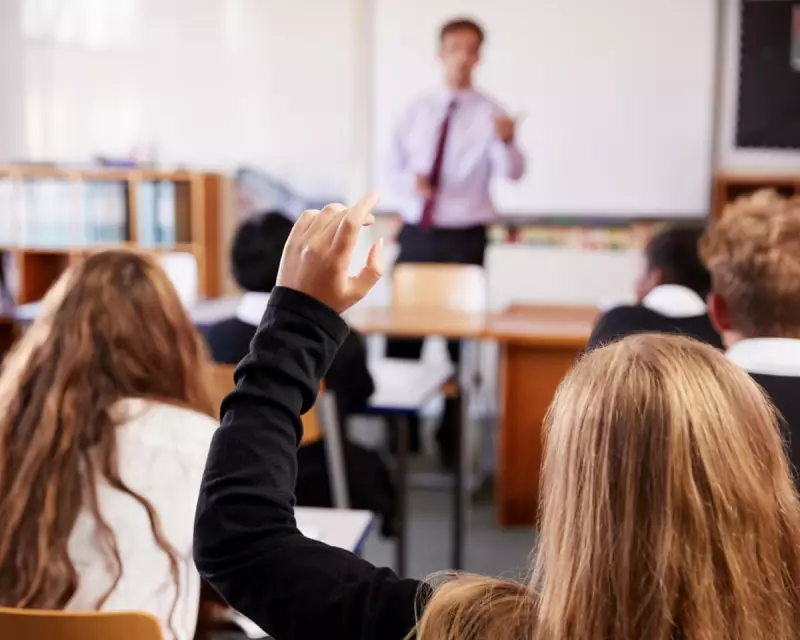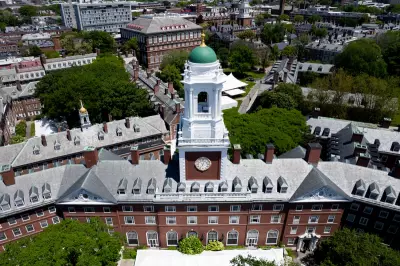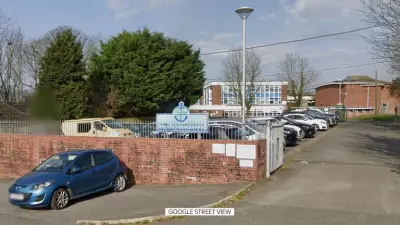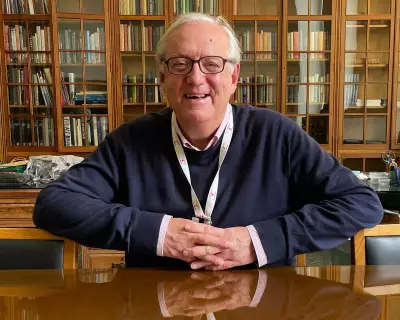
In what could be the most significant shake-up of England's education system in decades, Labour is preparing a comprehensive transformation of the national curriculum that promises to better equip students for the challenges of the modern world.
The Digital Future Takes Centre Stage
At the heart of the proposed reforms is a major emphasis on digital literacy and technology skills. Education Secretary Bridget Phillipson is championing a curriculum that moves beyond traditional computer science to embed digital competence across all subjects, recognising that technological fluency is no longer optional but essential for future employment.
Breathing New Life into Creative Arts
Contrary to trends that have seen creative subjects marginalised, Labour's blueprint seeks to revitalise arts education. The plans include strengthening music, drama, and design technology provisions, acknowledging their crucial role in developing innovation and problem-solving abilities.
Beyond Rote Learning: Skills for Life
The proposed reforms aim to shift focus from purely academic achievement towards developing practical life skills. This includes enhanced financial literacy, critical thinking, and emotional intelligence components designed to prepare students not just for exams, but for successful adult lives.
A Collaborative Approach
Unlike previous top-down reforms, Labour is engaging in extensive consultation with teachers, subject experts, and industry leaders. This collaborative process aims to create a curriculum that reflects both educational best practices and the evolving needs of employers in a rapidly changing economy.
The Implementation Challenge
While the vision is ambitious, the government faces significant practical hurdles. Teacher training, resource allocation, and managing the transition period will be critical to the success of these sweeping changes. The reforms are expected to be rolled out gradually, with pilot programmes likely to precede full implementation.
A Curriculum for Tomorrow
This proposed overhaul represents a fundamental rethinking of what education should achieve in the 21st century. By balancing academic rigour with practical skills and creative development, Labour aims to create an education system that truly serves the needs of all students in an increasingly complex world.





